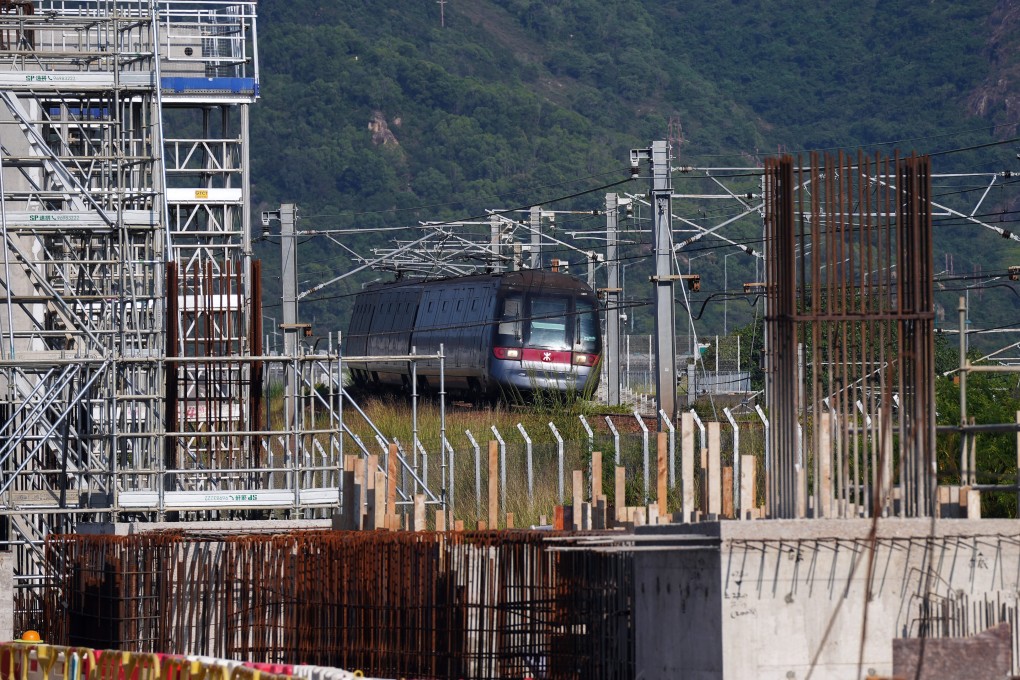Editorial | The MTR cost-cutting train is approaching
Hong Kong’s ballooning budget deficit means no one is immune, including the city’s sole railway operator

Cost-cutting has become the norm as the Hong Kong government struggles to balance the books amid deepening budget deficits fuelled by a slower-than-expected pace of post-Covid recovery.
The same goes for all public bodies. They are required to work closely with the government to manage the difficulties together.
Secretary for Transport and Logistics Mable Chan was not making a routine call when she laid out her hopes for the city’s railway operator. The MTR Corporation, she said, was expected to squeeze project construction costs, raise its non-fare revenue and diversify financing sources such as bond issues.
As the largest shareholder of the company, the government is naturally keen to prepare the railway operator for the challenges ahead.
It was reported that the rail giant was “reinventing” its well-established rail-plus-property development business model to fulfil a HK$165 billion financial commitment to improve and expand rail services as the property market struggles.
It has pledged to set aside HK$65 billion in the run up to 2027 to upgrade ageing rail assets, on top of HK$100 billion to extend lines, create new stations and develop properties over a 10-year period.
